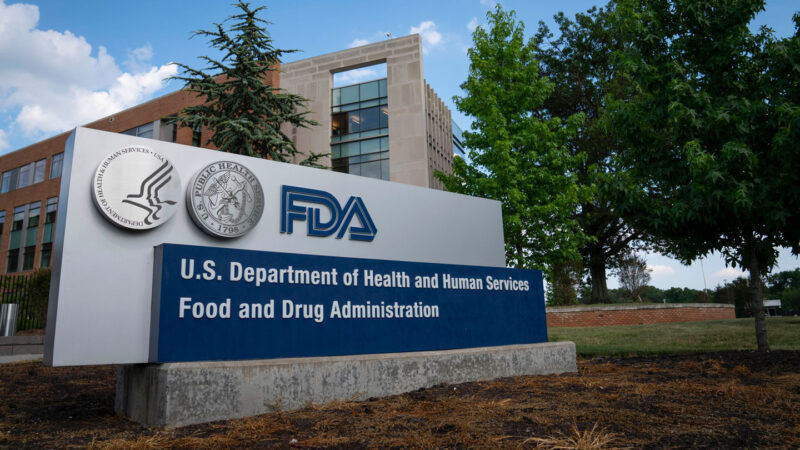U.S. FDA Approves First Gene Therapy for Children with Duchenne Muscular Dystrophy
Key Highlights :

The U.S. Food and Drug Administration (FDA) has cleared a shortened version of a gene for a muscle protein to be used in 4- and 5-year-olds with muscular dystrophy, making it the first gene therapy approved for this condition. On June 22, 2021, the FDA approved the therapy, which is produced by Sarepta Therapeutics, for use in children with Duchenne muscular dystrophy, the most common form of the muscle disease.
Duchenne muscular dystrophy is caused by mutations in the dystrophin gene, which makes a large protein that acts as a shock absorber to keep muscle cells intact. Patients with Duchenne muscular dystrophy don’t make this shock-absorbing protein and, as a result, they suffer from muscle damage every time they contract their muscles. Over time, the disease can become fatal when the heart and breathing muscles deteriorate.
The gene therapy approved by the FDA is a shortened form of the dystrophin gene, known as microdystrophin. This gene produces a protein that is one-third the size of the original protein. The shortened gene is packed into harmless viruses and delivered to the muscle cells.
The FDA approved the therapy based on data showing that children treated with the gene therapy make the shortened dystrophin protein. However, Sarepta Therapeutics has not yet completed an ongoing clinical trial to demonstrate whether the therapy actually works to restore muscle function. Results of this trial are expected this fall. If the data show that the therapy is safe and effective, its use could be expanded to children and people of other ages.
Two other companies are also developing shortened dystrophin gene therapies to treat Duchenne muscular dystrophy. The approval of the gene therapy by the FDA is a groundbreaking step in the treatment of Duchenne muscular dystrophy, and it is hoped that it will help improve the quality of life for those affected by this debilitating condition.
